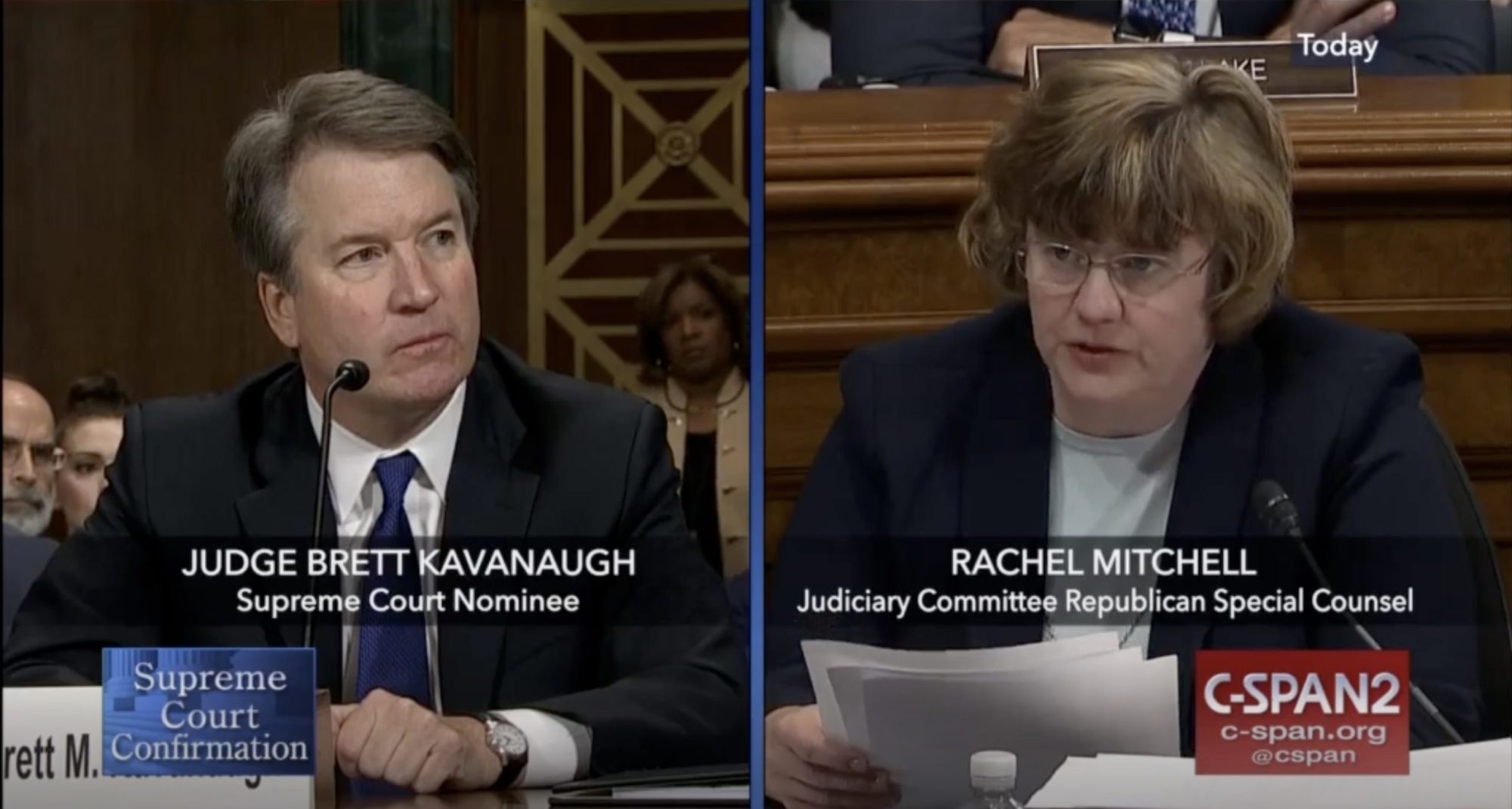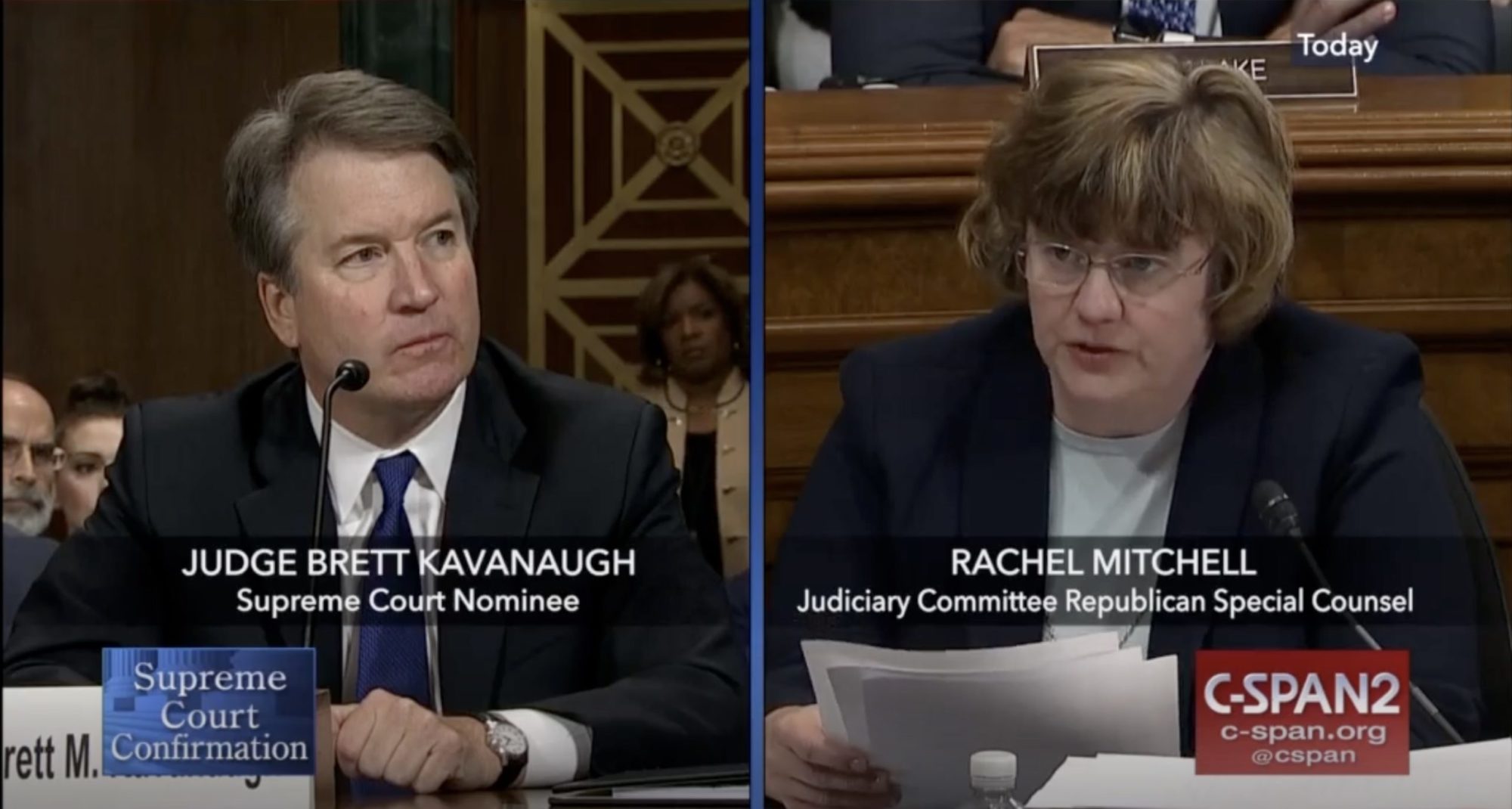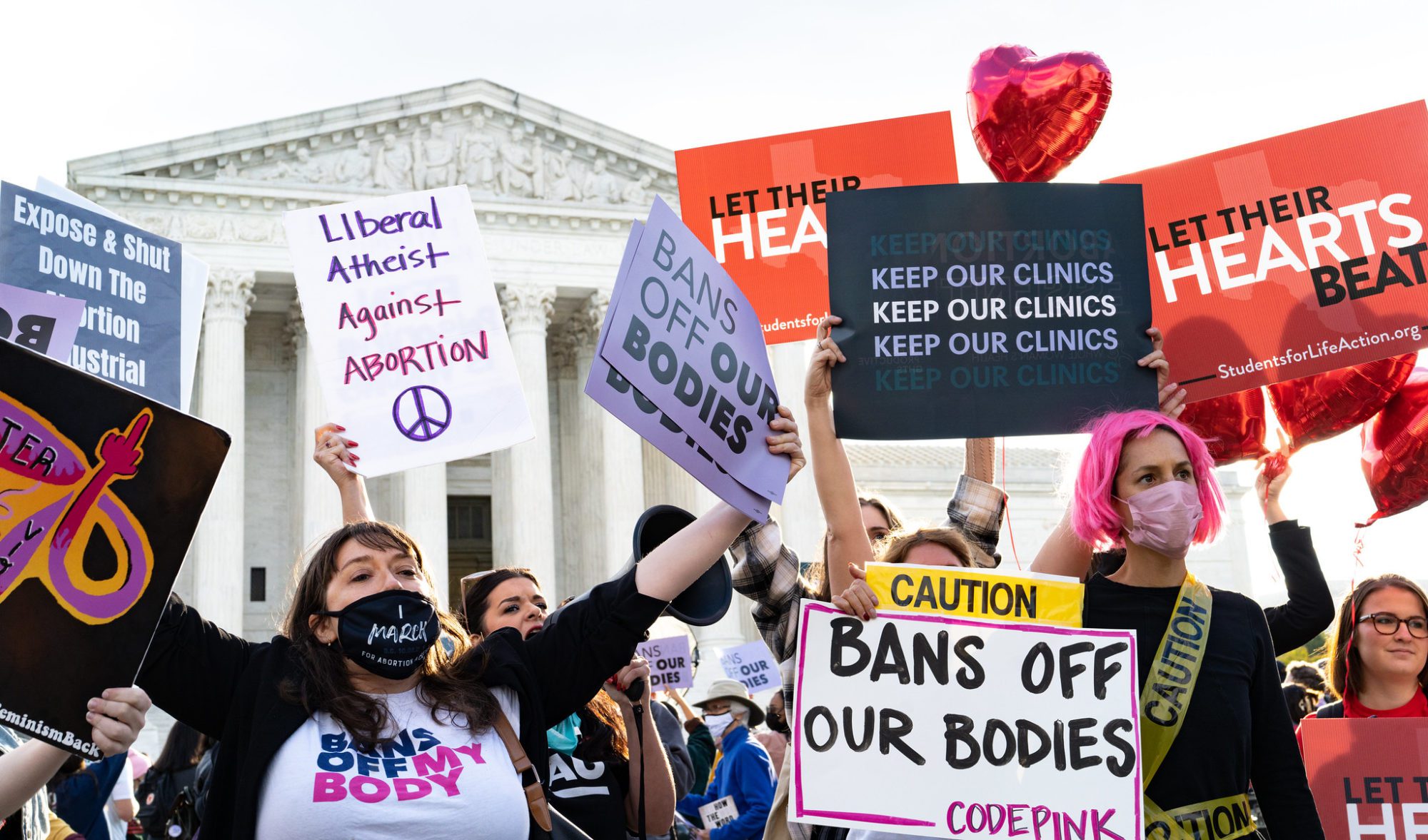California Prosecutions for Pregnancy Loss Spark Outrage, and a Bill to Stop Future Investigations
The charges over two stillbirths are a window into a country where pregnancy outcomes are already policed.
Jessica Pishko | June 6, 2022
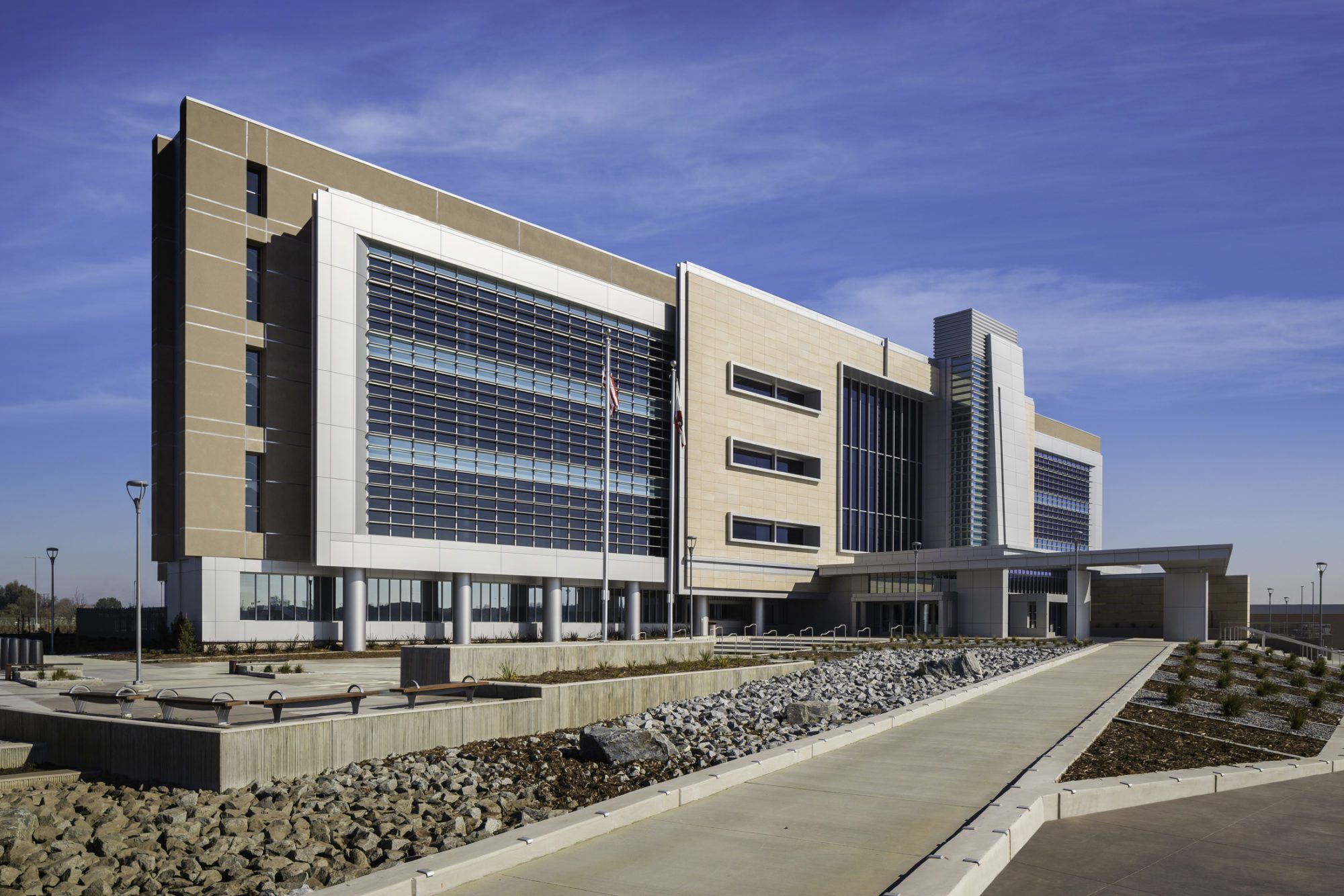
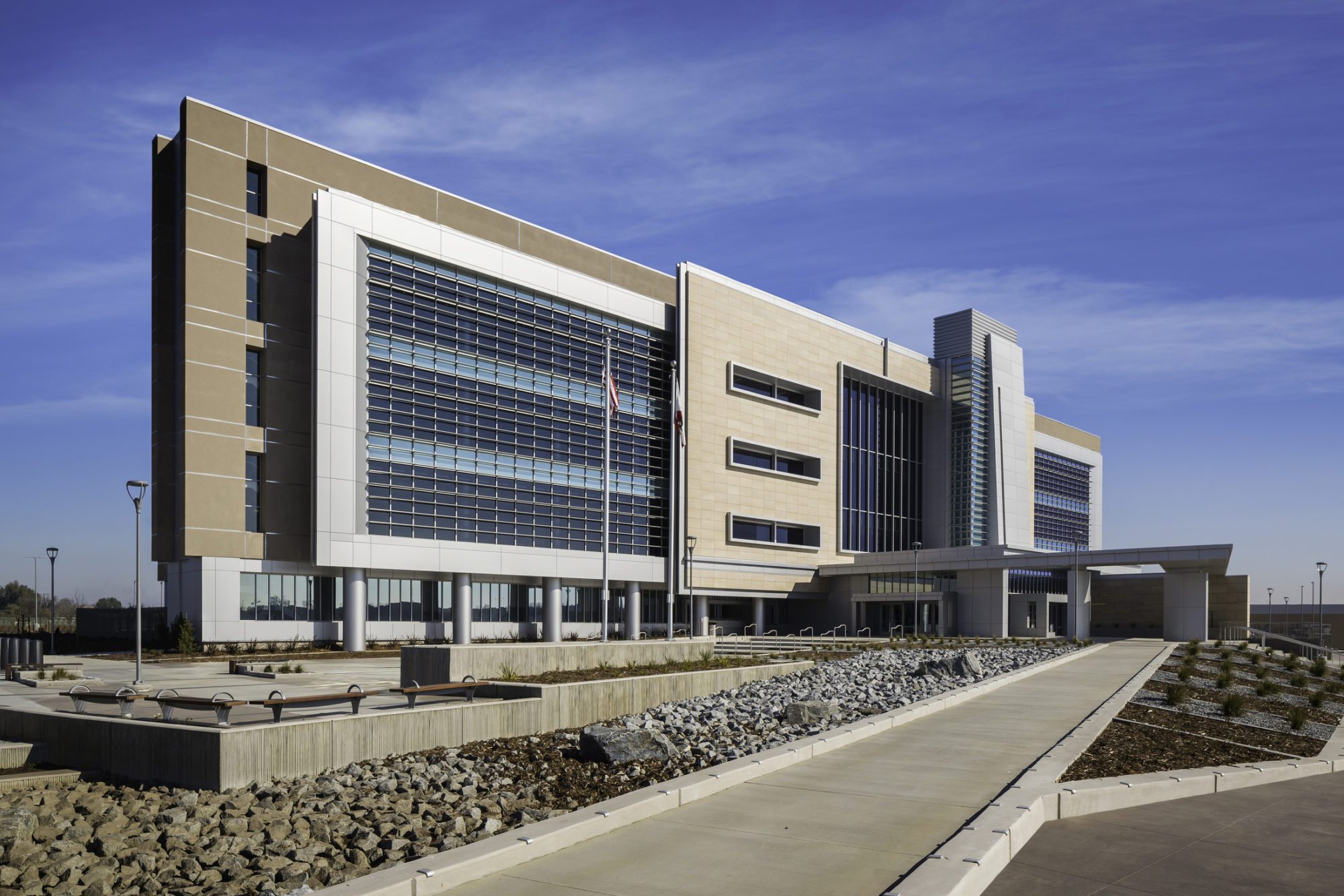
Editor’s note: Governor Gavin Newsom signed Assembly Bill 2223 into law on Sept. 27.
On the night of December 30, 2017, a teary 29-year-old Adora Perez gave birth to a stillborn boy at Adventist Medical Center in Hanford, California. After Perez tested positive for methamphetamine, she admitted that she had relapsed while pregnant. A nurse wrote that Perez and her boyfriend were extremely upset, calling her “emotional” and “tearful” while saying that he “appeared to have been crying and was solemn.”
Shortly after Perez gave birth, her son was taken away and tested for illegal drugs. While she slept, a nurse called child protective services, according to documents her lawyers later shared with CalMatters. Police arrived at the hospital to question her the very next day. A doctor told police that the stillbirth was caused by complications related to “extensive drug use by the mother.”
On the morning of January 1, 2018, Perez was released from the hospital and then immediately arrested and taken to jail. Kings County District Attorney Keith Fagundes, who is running for his third term in office this week, charged her with murder, which he argued was justified under California law.
A few months later, Perez pleaded guilty to manslaughter in exchange for an 11-year prison sentence. According to Perez, her defense attorney, a private lawyer appointed by a judge and not a public defender, did not investigate her case.
Perez might have served that whole decade-plus sentence had Fagundes not charged 26-year-old Chelsea Becker with murder less than two years later under similar circumstances, which drew increased attention to his prosecution of pregnant women. California TV stations posted Becker’s photo and news that police were searching for a “troubled” young woman wanted for the “murder of her unborn baby.” A Kings County judge dismissed Becker’s charges last year, after she had already spent 16 months in jail, but stopped short of ruling that her charge was not permitted under state law, as her attorneys had argued.
Community activism and legal advocacy, including from California Attorney General Rob Bonta, eventually convinced a judge to reopen Perez’s case and vacate her conviction earlier this year, ruling in an opinion, “There is no crime in California of manslaughter of a fetus.”
Bonta has also issued a “legal alert” to all California prosecutors, police chiefs and sheriffs saying that state law should not be contorted to “punish people who suffer the loss of their pregnancy” and called the prosecutions of Perez and Becker “improper and unjust,” stating in a press conference: “In California, we do not criminalize pregnancy loss, we do not criminalize miscarriages, we do not criminalize stillbirths.”
Fagundes eventually dropped the charge against Perez but claimed he would refile it. He is believed to be the only prosecutor in the state who has charged people over pregnancy loss in the last 30 years. Fagundes, who would not agree to an interview, has even said he tried to prosecute whoever gave Becker and Perez drugs, but they would not cooperate.
California lawmakers are now trying to pass legislation reducing the chances of law enforcement involvement in someone’s pregnancy loss. Assembly Bill 2223, introduced this session by Assembly Member Buffy Wicks, a Democrat from Oakland, is a legislative attempt to codify Bonta’s guidance by preventing coroners, who often double as law enforcement officials in the state, from investigating pregnant people for stillbirths or miscarriages. It also includes a provision that would allow people criminalized for pregnancy outcomes to sue law enforcement civilly. Anti-abortion groups in California who oppose the bill have staged a public campaign falsely claiming it “decriminalizes infanticide.”
Fagundes has insisted that AB 2223 would “invite murder constantly,” disparaged Bonta’s memo to state law enforcement, and defended his prosecution of pregnant women, turning pregnancy-related criminal matters into grist for his re-election campaign. “The fact that other DAs across the state are too weak to stand up to Rob Bonta and the liberal machine who want to kill our babies is not my problem. I’m gonna do what’s right and do what’s right here,” he said in a May debate, in which he set himself up as a bulkwalk against progressive Democrats like Bonta. “If you are going to be a puppet and a weak milquetoast person … if you want Rob Bonta to be your district attorney, then vote for the opponent. Rob Bonta is a liberal who doesn’t believe in our values.”
Fagundes faces off this week against Sarah Hacker, a one-time prosecutor and defense lawyer. Hacker is a self-described conservative, which makes sense for a candidate running in one of California’s most staunchly Republican counties. She told Bolts that she doesn’t support AB 2223 because it would curtail law enforcement discretion.
But Hacker is also making the case that Fagundes has twisted the law to fit his personal beliefs and ignited a totally unnecessary legislative and political maelstrom in the state. In a recent debate, Hacker said Fagundes “has illegally prosecuted women for stillborn deaths, knowing his actions are against the law.”
Hacker, who even attended a local rally to protest Perez’s conviction, told Bolts that she doesn’t want to prosecute people for pregnancy outcomes. She also worries that Fagundes’ actions will keep victims of abuse or assault from seeking help from prosecutors. “When there is a sexual assault victim, I want them to feel comfortable coming forward,” she said.
The Kings County prosecutions for pregnancy loss speak to the ways that pregnancy is already policed, even in a blue state like California. An array of local officials, from DAs to sheriffs and coroners, have long enjoyed the power to target pregnancy outcomes with criminal charges.
Last year the organization National Advocates for Pregnant Women compiled at least 1,700 cases across the country since 1973 where women have been criminally punished for reasons related to pregnancy. Samantha Lee, a staff attorney for the group, says the criminal legal system treats pregnant people fundamentally different from others.
“Society reduces pregnant people to vessels without their own rights and lives, so criminalizing them for behavior people incorrectly think is harmful to a fetus is an unfortunate progression that creates inequities and leads to the misapplication of laws,” Lee said. “These women would not have been charged if they had not been pregnant.”
In 1999, South Carolina police arrested and charged a woman with homicide by child abuse after she had a still birth. In 2008, a New York state prosecutor charged a woman with manslaughter for her failure to wear a seatbelt while pregnant. In 2015, Georgia prosecutors charged a young mother with murder for taking misoprostol, commonly used for self-managed abortions. In 2020, an Oklahoma prosecutor charged a woman with manslaughter when she had a miscarriage at around 15 weeks, well before the third trimester. In April, a young woman near the Texas-Mexico border was charged with murder because she sought medical care after an alleged self-managed abortion. Others have been criminally charged for falling down stairs, contracting HIV, or delaying a cesarean section.
Like in Kings County, many charges against pregnant people are linked to the failed “war on drugs,” attempts to punish substance use during pregnancy despite a distinct lack of evidence that they cause fetal harm and contrary to the recommendations of medical professionals, who fear pregnant people will resist prenatal care if they think it will draw police attention.
Some states have taken this approach even further. Tennessee, for example, enacted a “fetal assault” law under which prosecutors charged at least 100 pregnant women for using illegal drugs. (The law has since expired.) Alabama has prosecuted at least 500 women between 2006 and 2015 under its “chemical endangerment law,” which includes criminalizing exposing a fetus at any age to any amount of a controlled substance, even legal ones like Valium.
In many cases, prosecutors admitted the goal was to coerce pregnant people into rehab. As with most prosecutions, most of the defendants have come from marginalized groups at greater risk of both poor pregnancy outcomes and criminalization: poor people, people of color, LGBTQ people, and immigrants.
“Unfortunately, the reality we see across the country is that health care providers, coroners, police, and sheriffs believe the misinformation that controlled substances cause pregnancy losses,” said Lee, a staff attorney with the National Advocates for Pregnant Women. “In addition to being inaccurate, this type of policing very clearly deters pregnant people from getting the health care they need—and from bringing their children in for health care—because they are afraid of being policed.”
The “fetal murder” law Fagundes used to justify Perez’s manslaughter charge dates to 1970, after the California Supreme Court held that the homicide statute in place at the time did not apply to a fetus. In response, lawmakers revised the statute to criminalize intentional injuries to a fetus as a form of homicide. The same law was used in 2003 to charge Scott Peterson for both the death of his wife Laci and that of her unborn son. The law was not intended to criminalize the outcomes of one’s own pregnancy, and prior attempts by prosecutors to do so have been dismissed by trial courts.
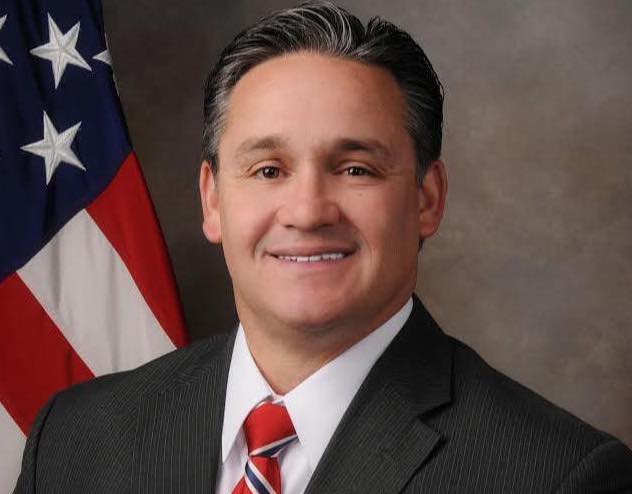

In addition to legislative attempts to limit policing of pregnancy, prosecutors across California have pledged not to prosecute women for pregnancy outcomes, as have DAs across the country, in states red and blue. California Governor Gavin Newsom has also reiterated his support for abortion rights and promised new legislation protecting abortion access.
Still, if the Supreme Court overturns Roe v. Wade, as a leaked draft opinion has suggested it will, efforts to criminalize pregnancy outcomes will almost certainly intensify around the country, says Farah Diaz-Tello, senior counsel and legal director at If/ When/ How, which is pushing for AB 2223’s passage in California. If Roe falls, 26 states are prepared to outlaw abortion entirely. Some states are considering additional criminal laws that would impose penalties on women for abortions, for seeking care after an attempted abortion or miscarriage, or for stillbirths.
Advocates for pregnant people fear that this will lead to an increase in criminal charges filed against people across the country for all sorts of pregnancy outcomes, including stillbirths, miscarriages, and treatment for dangerous or unviable pregnancies.
“We’re likely to see an escalation of criminalization and arrests of people who have ended their pregnancies, and to create additional stigma that makes it more likely that people will be entangled in criminalization, irrespective of what the law says,” Diaz-Tello said. “Situations like what’s happening in California, I think, are more likely to proliferate.”
To a large extent, the debate over AB 2223 is centered in Kings County, located in the heart of California’s Central Valley with a population of 150,000, including three state prisons. The conservative county voted to recall Governor Newsom last year, 64 to 36 percent, while the state at large overwhelmingly opted to keep him. The San Francisco Chronicle recently dubbed the area “the anti-San Francisco.”
Fagundes, whose actions inspired the legislation, has deep roots in the county (his father sits on the Kings County Board of Supervisors) and switched parties to Republican when he first ran for office in 2014. In a recent debate, he accused both women he prosecuted for stillbirths of “murder,” drawing vigorous cheers and applause from the crowd.
Hacker, Fagundes’s challenger, also points to scandals on his watch, including a sexual harassment lawsuit filed by a chief investigator in his office alleging that the DA sent him his sexually inappropriate videos, texts, and photos; the lawsuit also accused Fagundes of keeping “blackmail folders” and abused his power by interfering with cases to be unfairly tough or lenient on people he knew. (Fagundes has denied the allegations and filed a lawsuit of his own against the county in a spat over his legal representation in the case.)
Fagundes isn’t alone in objecting to AB 2223 and spreading misinformation about it. During an April legislative hearing in Sacramento, groups of anti-abortion activists testified noisily in objection to the bill. Many were from groups like the People’s Convoy and Freedom Angels, which have tapped into an anti-government conservatism that is growing in parts of California, opposing COVID-related lockdowns and supporting the effort recall Newsom.
A number of people objecting to AB 2223 came from Calvary Chapel Church, an Evangelical congregation led by Pastor Jack Hibbs, who also sells a booklet called “Countdown: All Eyes on God’s Ultimate Endgame.” Hibbs has been outspoken in his opposition to the bill and held an impromptu religious service on the capitol steps during the recent hearing.
Hibbs also recently brought Riverside County Sheriff Chad Bianco onto one of his weekly talk shows to discuss the bill, introducing the sheriff by calling him an example of “law and order and a passion for life.” Bianco, a former dues-paying member of the Oath Keepers, an anti-government militia group involved in January 6 attack in Washington, D.C., called AB 2223 “anti-public safety,” suggested it would prevent him from doing his job, and linked the bill to other criminal justice reform measures that he has opposed in the past: “[I]t doesn’t matter how many people you kill; there is no consequences for it.”
Bianco is also up for re-election this week and faces Michael Lujan, a retired sheriff’s captain, in the June 7 election. Hibbs is among the right-wing anti-abortion, anti-lockdown leaders—including Pastor Tim Thompson, who hosted Marjorie Taylor Greene at his church—supporting Bianco in the race. Both Fagundes and Bianco have benefitted from the rise of far-right politics in California that supported the recall campaign against Newsom and launched massive protests against COVID-related business closures and restrictions.
As sheriff, Bianco also serves as the county’s coroner, which is the case for most counties across California. Under AB 2223, coroners would be explicitly barred from investigating mothers for stillborn deaths. Other legislation under consideration this year, AB 1608, would separate the office of coroner from sheriff entirely to assure that deaths in police custody get an independent inquiry.
Both Bianco and Fagundes follow the lead of a certain subset of Christian leaders in California who, like other political figures relying on a sense of religious fervor, argue against AB2223 as a tenet of faith and a way for the right to push back against the left in the state. The bill is still in motion for now.
But still, when Fagundes told the debate audience that he would follow his faith over the law and accused the pregnant women he prosecuted of “murder,” applause thundered through the room.
Diaz-Tello says that the debate emerging over AB 2223, and the criminal prosecutions of pregnant women that triggered the legislation in the first place, illustrate how policing and criminalizing pregnancy is nationwide issue, not one reserved for red states: “I would not want people to be lulled into a false sense of security that, just because it isn’t The Handmaid’s Tale on day one, that that’s not the ultimate direction.”



